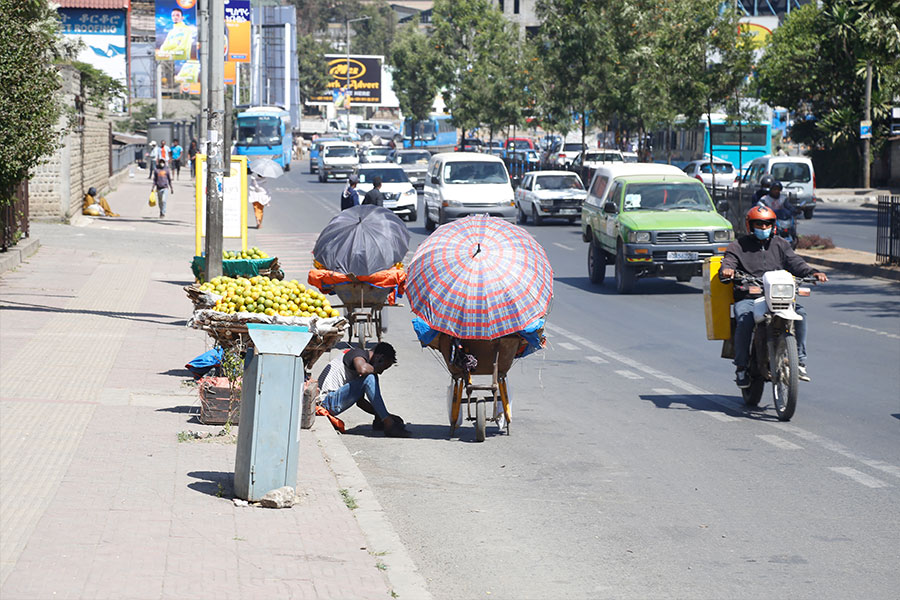
Radar | Nov 27,2021
Oct 9 , 2021.
Public offices have been having a field day in the past few years. From the Prime Minister’s Office to regional administrations, much emphasis has been put on aesthetics. Prime Minister Abiy Ahmed (PhD) is keen on a bright, shiny and garish work environment. He encourages his ministers to follow suit in applying ergonomics, the process of designing and arranging workplaces, products and systems.
The interior design, choice of logos (although cry for some degree of uniformity) and the ceremonies are more lavish than ever.
The Addis Abeba Municipal Hall, which has received a 1.8 billion Br facelift, illustrates the liberal mood among officials in using public funds for investments in ergonomics. The main hall has a slick design, an elegant set of facilities and engrossing lighting. It will likely have a cocktail bar and executive lounges.
The past week was further proof of how hard the government is trying to make the point that it exists, better than ever. Following a morning session to form the government at parliament, a lavish ceremony was held at Mesqel Square to mark the event on October 5, 2021. The previous night, the Prime Minister had welcomed heads of state from a half dozen African countries, where they were received not on mere red carpets. They walked on custom-designed Adey Abebacarpets, a trendy floor covering green with yellow flowers spotted all over, now familiar with public events.
The investiture at Mesqel Square itself had an aura of grandeur to it. Many offices were closed in anticipation of road closures on the main Africa Avenue (Bole Road) and every street leading to Mesqel Square. The ceremony started with musical performances to an audience lined up in a semi-circle, reminiscent of the Super Bowl. It preceded to speeches by heads of state such as Uhuru Kenyatta of Kenya, Yoweri Museveni of Uganda, Ismail O. Guelleh of Djibouti, Mohamed A. Mohamed of Somalia, and Salva K. Mayardit of South Sudan, behind a glass wall. And subsequently Prime Minister Abiy.
Much of this ado was in the name of what the Prosperitarians have dubbedAddis Me’raf,or a New Chapter. One of the first efforts in this was the mandatory restructuring of his administration and filling them with ministers. Parliamentarians approved the formation of the Prime Minister’s portfolio of 22 cabinets, of which two-third are reshuffled.
Neither is the new structure of the administration that different. Over 30 federal agencies were folded in the hopes of cutting back recurrent expenditures. New ministries were established, including for Works & Skills, Tourism and Planning & Development. The Ministry of Science & Higher Education is no more. The most that captured the public`s attention were the designation of ministerial positions to three opposition party leaders and the choice of Abraham Belay (PhD), who served briefly as the federally appointed head of the Tigray region caretaker administration during the ongoing war, as minister of Defence.
Despite the hype by the cadres, it is not unusual to include opposition figures in the administrations in post-1991 Ethiopia. Individuals such as Beyene Petros (PhD), Dima Negiwo (PhD) and Ibsa Gutema (the latter two leaders of the OLF) were members of Meles Zenawi`s administration during the transitional government of the mid-1990s. Although less accommodative since, non-party members such as Tekeda Alemu, Haile Assegedie, Mekonnen Manyazewal and Fikru Desalegn had served as minister or state ministers.
There could be merit to restructuring the administration. The bureaucratic arm is indeed bloated, and some federal agencies may have responsibilities that overlap. There was a logic behind creating a ministry for Innovation & Technology as more policies are dedicated to digitising public services and opening up the economy to the tech sector. It has also been strange to place regulatory responsibilities for higher education in a separate agency to that of the Ministry of Education.
But often, the whole trouble behind these exercises is a performance to hammer on the point of legitimacy. As many countries worldwide foreswore authoritarianism in rhetoric, they have held firmly to the performance and aesthetics of liberal democracy. On paper, the right to compete in the political space is guaranteed. Governments are structured with vertical (federalism) and horizontal (executive, parliament and the judiciary) checks and balances in mind. And yet, a peaceful political settlement is not guaranteed. Ethiopia is no different.
Historically, high-level official appointments attempt to reshuffle the cards when those high up in office are worried that a power structure is forming beneath them. Other times it is an effort to derive continued exercise of power by building a perception of authority. There is a reason that anchor federal agencies are designed to be imposing - they are manifestations of power.
What gets lost in this performance is the substance of governing, which continues to be undermined by the politicisation of constitutional institutions and the civil service. In effect, this is the collusion of the ruling party and the state. There is little doubt that most ruling parties and coalitions, however authoritarian, would not mind an effective government. The better it works, the better the country is run. Members of the public are contented as there is electricity in their homes and water in their pipes.
Except in a few cases, such as China, technocrats do not make good politicians. If nothing else, this is because they are not desperate enough for government jobs, given that they are a skilled workforce. In the absence of solid constitutional institutions, nepotism and the trapping of power leave very few well-paying positions for them. In the process, the ruling party and the state are mishmashed, and efficiency and good governance are filtered out together with pluralism.
Aesthetics and lavish performances of authority are, in contrast, uncomplicated. It is a matter of good architectural design and innovative event coordination. Together with effective control of public media to manage narratives, this would not take much. Unfortunately, citizens need just as functional a government as its physical manifestations are attractive. The nitty-gritty of governance and administration is not very glamorous but is still the reason a government exists.
The alternative to creating legitimacy through a performance in the public space is ensuring that constitutional institutions are given the space to fulfil their mandate. The inclusion of opposition figures into the cabinet should be a welcome path that needs to be followed, but with more sincerity going forward to accommodate ideological opponents. Working for a political settlement with sworn-in foes to redirect the contention for power from the battlefields to convention halls should be a priority. The more pluralistic a government, the less it needs to insist on its legitimacy, which will instead be sanctioned by constitutional institutions trusted by the public crossing the dividing lines.
The upshot here would be that any administration elected by the majority to power would no longer need to collude the party with the state, and the higher the incentives of agencies and administrative agencies to focus on serving the needs of the public.
PUBLISHED ON
Oct 09,2021 [ VOL
22 , NO
1119]

Radar | Nov 27,2021
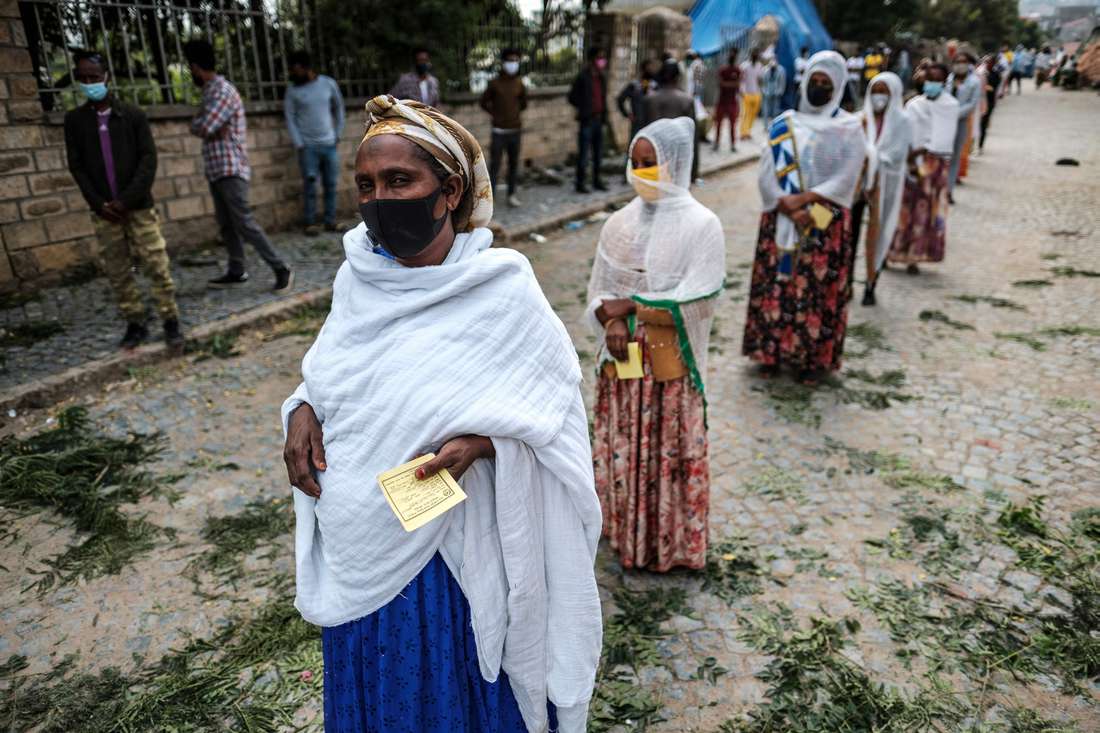
Year In Review | Sep 10,2021
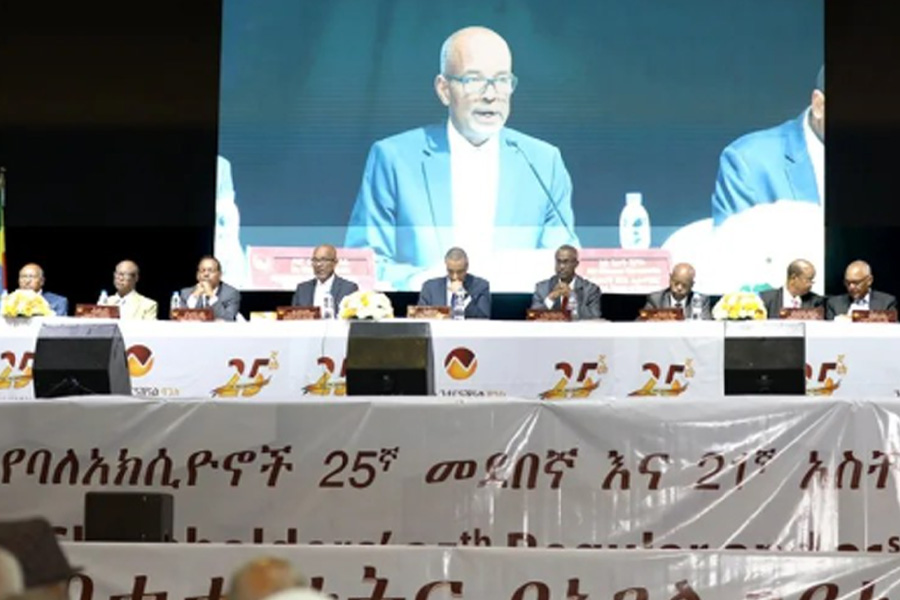
Radar | Dec 01,2024

Viewpoints | Mar 25,2023

Featured | Sep 11,2020

Fortune News | Apr 30,2021
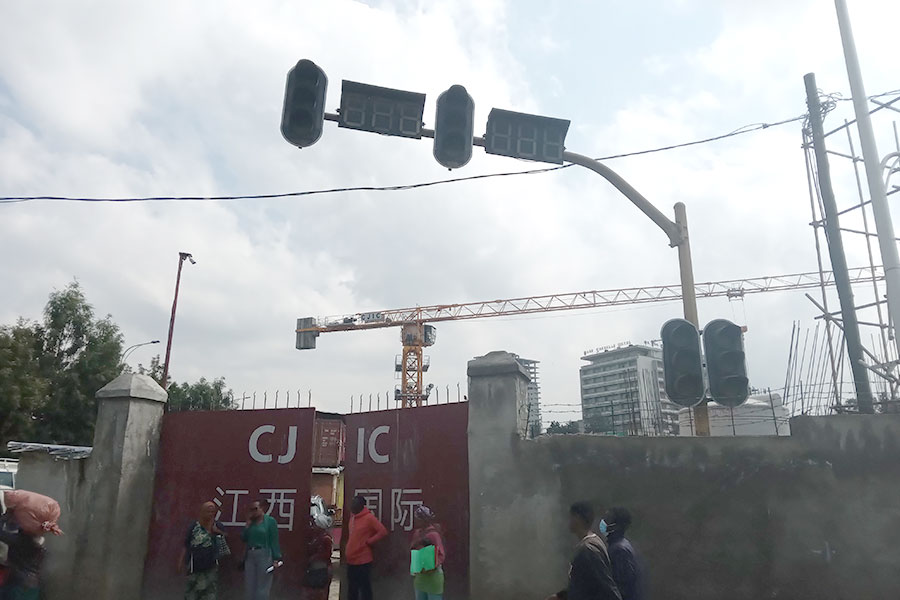
Radar | Jul 29,2023
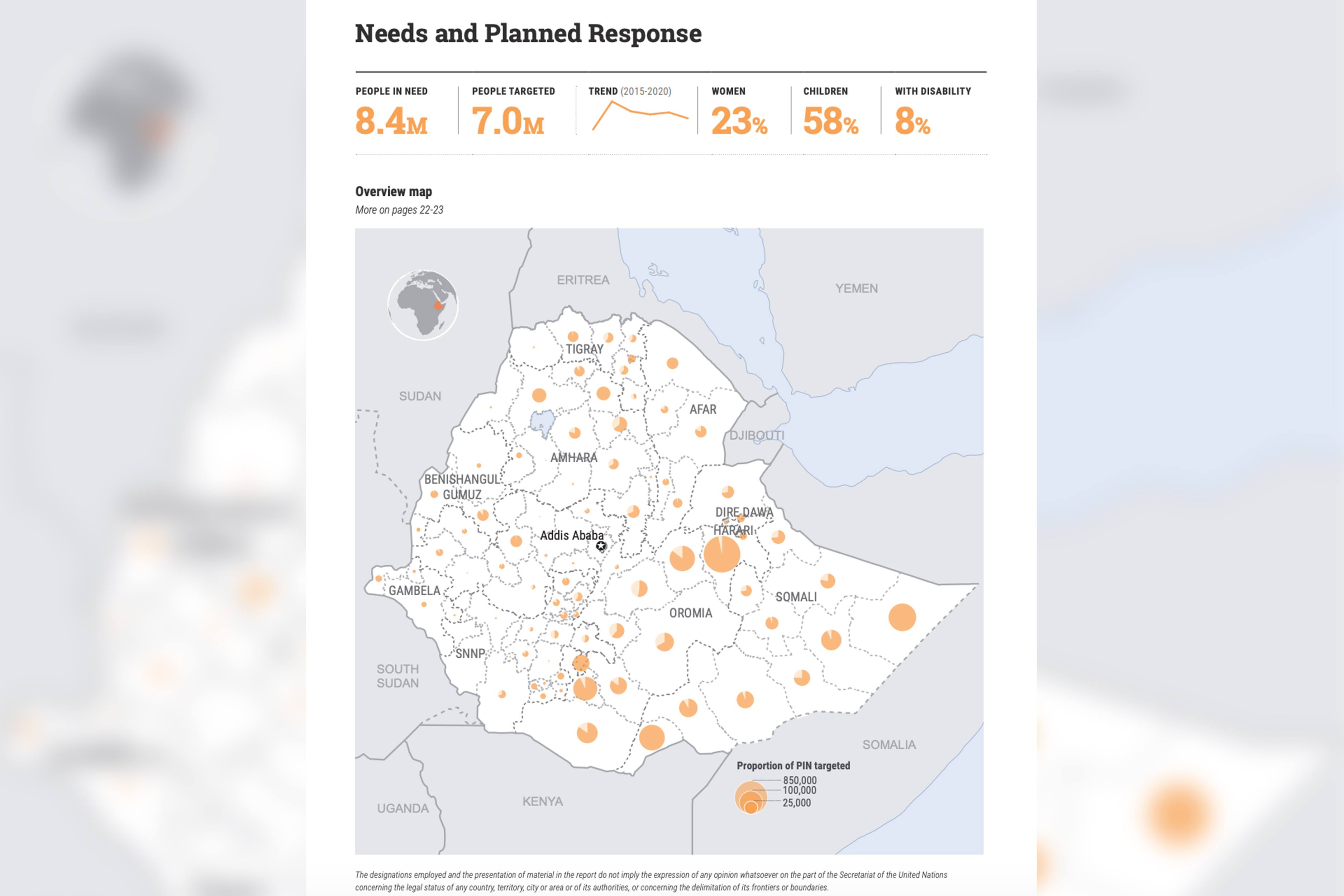
Fortune News | Mar 13,2020
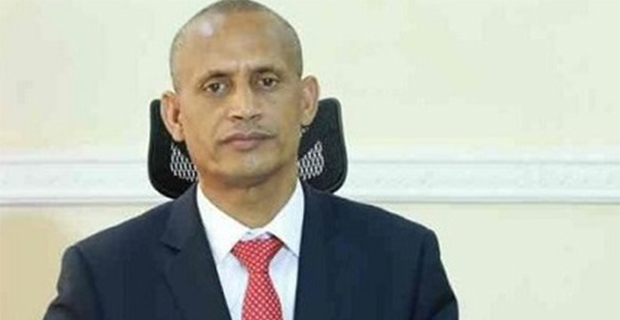

View From Arada | Feb 01,2020

Photo Gallery | 179912 Views | May 06,2019

Photo Gallery | 170109 Views | Apr 26,2019

Photo Gallery | 161092 Views | Oct 06,2021

My Opinion | 137228 Views | Aug 14,2021

Dec 22 , 2024 . By TIZITA SHEWAFERAW
Charged with transforming colossal state-owned enterprises into modern and competitiv...

Aug 18 , 2024 . By AKSAH ITALO
Although predictable Yonas Zerihun's job in the ride-hailing service is not immune to...

Jul 28 , 2024 . By TIZITA SHEWAFERAW
Unhabitual, perhaps too many, Samuel Gebreyohannes, 38, used to occasionally enjoy a couple of beers at breakfast. However, he recently swit...

Jul 13 , 2024 . By AKSAH ITALO
Investors who rely on tractors, trucks, and field vehicles for commuting, transporting commodities, and f...

Nov 2 , 2025
The National Bank of Ethiopia (NBE) has scrapped the credit-growth ceiling that had s...

Nov 2 , 2025 . By SURAFEL MULUGETA
The burgeoning data mining industry is struggling with mounting concerns following th...

Nov 2 , 2025 . By YITBAREK GETACHEW
Berhan Bank has chosen a different route in its pursuit of a new headquarters, opting for a transitional building instea...

Nov 2 , 2025 . By BEZAWIT HULUAGER
Nib International Bank S.C. has found itself at the epicentre of a severe governance...